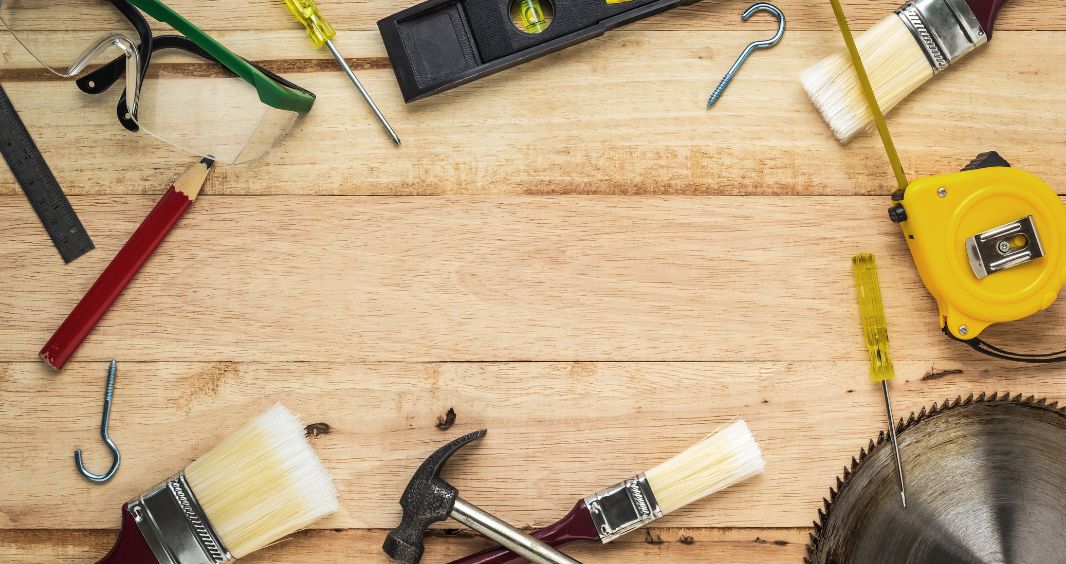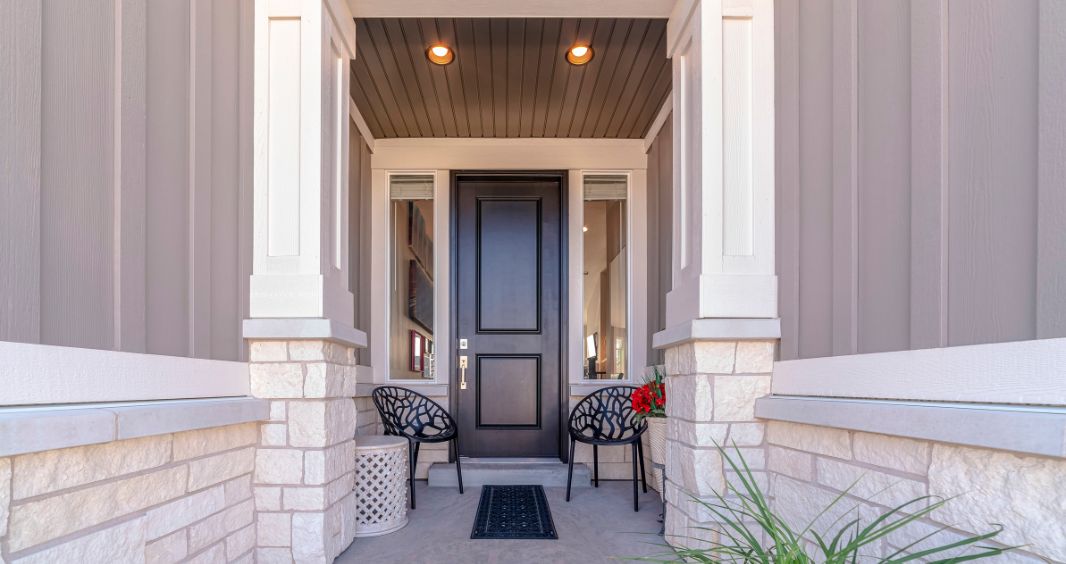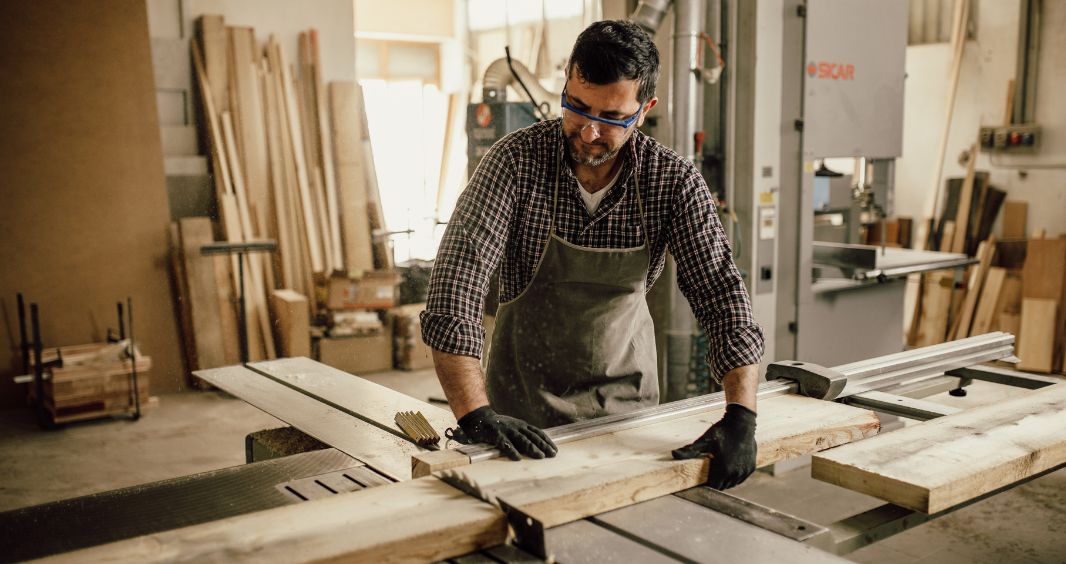So, you no longer desire a 9-5 job. You want a job that’s not time-consuming and offers lots of flexibility. When starting a new career, you’ll need dedication, especially in a field such as real estate. Take this as a sign to start learning about flipping houses for a living.
What is House Flipping?
House flipping is a term used to describe real estate professionals who buy homes and buildings and renovate them before placing them back on the market to sell.
What Does a House Flipper Do?
The usual duties of a house flipper consist of independent work focused on researching the current real estate market and finding buildings or homes that have flipping potential. During the typical workday, you’ll collaborate with a contractor who acts as the supervisor.
This job is perfect for those who enjoy direct work and want to be their own boss. However, being self-employed requires you to work full-time, just like a regular 9-5, but you create your schedule. As a prospective house flipper, ready yourself by reaching out to a project manager or a renovation specialist. These two experts can help you plan out your renovation by detailing your needs, such as:
- Material outsourcing
- Budgeting
- Hiring workers
- Creating timelines
- Estimating repair costs
Is House Flipping a Safe Investment Strategy?
Yes, it’s safe, but only if you understand the market. In general, real estate’s predictable. Given that most predictions are based on the time of year, you might find that it’s easiest to predict based on location. Compared to other investment strategies, real estate’s the safest choice, since there are many avenues to capitalize on, including house flipping. In the meantime, find the best time to put the flipped house on the market.
What You Need To Get Started Flipping Houses
Flipping houses is a rewarding career, but it does require steps before getting involved, including researching your market, setting a budget, and finding funds for house flips. Each step’s essential to a successful real estate flipping career.
Research Your Market
The best place to research the market isn’t a faraway place, it’s right where you are right now. Many amateur home flippers can get started in their town. They don’t need to go a city or two over to invest, since that costs more money and energy.
Instead, research locally. Look up the homes in your community and see what the average home sells for, which homes get offers and which don’t. Additionally, think about the community. Is there something about it that pulls a prospective buyer in, such as being close to entertainment, amenities, or a popular destination? If so, focus on that as a reason to invest.
Work With a Real Estate Agent
Once you’ve found a property, make sure it fits your budget. It’s never good to go over budget, especially starting out as a house flipper. The smartest move is to work with a real estate agent. Realtors have access to the MLS system, which is a system that lists all real estate properties that are currently available, as well as all future listings. Use this system to find properties that fit your budget.
Set a Budget
Budgeting is essential, so it’s best to determine this before buying a house. You can create a budget based on the 70% rule—this rule calculates the after-repair value of a home and is easiest to learn. This rule estimates the final repair costs, encompassing how much needs to be done before selling. The repair cost becomes your budget.
Assemble Your Team
Your official renovation team should include professional contractors, carpenters, painters, and roofers. Your team should be trustworthy, know how to use power tools, and communicate well. You don’t need to have your team do every task; you can complete tasks on your own if you have the skill. If not, consider hiring additional team members.
Find Funding for House Flips
You can request funding from anywhere, including hosting a fundraising event for future home flips. However, as a beginner, you should rely on personal loans instead, or a hard money loan. When taking on house flip debt, you’re also paying interest. Once interest gains, your home sale price increases as well, but this is to help break even.
Do You Need a Real Estate License To Flip a House?
No, you don’t need a real estate license, but it does help in some ways. For one, being more knowledgeable about the real estate market and knowing how to pick the best investment breaks allows you take on better opportunities.
How To Find a Contractor for Your House Flip
Finding a contractor is a good idea before starting a house flip. Contractors are jacks of all trades, and that includes project management. Since you want a substantive way to get a good ROI, you’re going to want a partner who helps you get there. Here’s how to find a contractor for your house flip.
Compare All Contractors
Always do your research and compare your options. Just as you would carefully choose a paint color for your home, carefully select a contractor that helps keep the house flip on schedule.
After selecting your choices—pick no less than three potential workers—interview them and conduct background checks on each worker. Doing a background check is important because it shows if they have the experience they tell you they have, and if they’re licensed and insured to do house flips.
Interview Each Bid
A bid appointment is your time to get to know the contractor. Every contractor you meet with, you’re going to get to know them and their work, and how long they’ve been flipping houses. There are a few ways to tell how well you’d collaborate with each contractor. You shouldn’t collaborate with a contractor if they:
- Exhibit rude behavior in person and over the phone.
- Beat around the bush when answering questions.
- Take a while to respond to inquiries.
- Don’t communicate issues beforehand.
- Don’t have a clear payment schedule.
Ensure They Have the Right Building Permits
Some places require specific building permits before constructing or remodeling a house or building. If your contractor doesn’t have the right permits, they should know who to contact to get them. If they continue to beat around the bush, hire someone else.
After learning how to start a career in house flipping, consider building your team right away. Save more money by teaming up with Bear Mountain Custom Painting, one of the best home improvement companies in Atlanta. Our experienced workers are prepared to help with your house flip.





